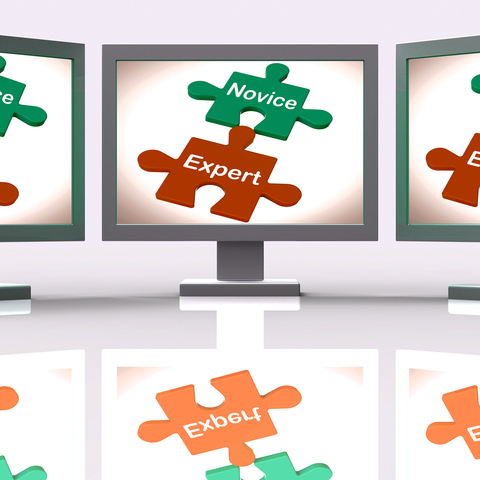Learning disabilities are neurologically-based processing problems. These processing problems can interfere with learning basic skills such as reading, writing and/or math. They can also interfere with higher-level skills such as organization, time planning, abstract reasoning, long or short term memory, and attention. It is important to realize that learning disabilities can affect an individual’s life beyond academics and can impact relationships with family, friends and in the workplace.
A learning disability cannot be cured or fixed; it is a lifelong challenge. However, with appropriate support and intervention, people with learning disabilities can achieve success in school, at work, in relationships, and in the community.
Auditory Processing Disorder (APD)
Also known as Central Auditory Processing Disorder, this is a condition that adversely affects how sound that travels unimpeded through the ear is processed or interpreted by the brain. Individuals with APD do not recognize subtle differences between sounds in words, even when the sounds are loud and clear enough to be heard. They can also find it difficult to tell where sounds are coming from, to make sense of the order of sounds, or to block out competing for background noises.
A specific learning disability that affects a person’s ability to understand numbers and learn math facts. Individuals with this type of LD may also have poor comprehension of math symbols, may struggle with memorizing and organizing numbers, have difficulty telling time, or have trouble with counting.
Also known as Central Auditory Processing Disorder, this is a condition that adversely affects how sound that travels unimpeded through the ear is processed or interpreted by the brain. Individuals with APD do not recognize subtle differences between sounds in words, even when the sounds are loud and clear enough to be heard. They can also find it difficult to tell where sounds are coming from, to make sense of the order of sounds, or to block out competing for background noises.
Dysgraphia
A specific learning disability that affects a person’s handwriting ability and fine motor skills. Problems may include illegible handwriting, inconsistent spacing, poor spatial planning on paper, poor spelling, and difficulty composing writing as well as thinking and writing at the same time.
Dyscalculia
A specific learning disability that affects a person’s ability to understand numbers and learn math facts. Individuals with this type of LD may also have poor comprehension of math symbols, may struggle with memorizing and organizing numbers, have difficulty telling time, or have trouble with counting.
Dyslexia
A specific learning disability that affects reading and related language-based processing skills. The severity can differ in each individual but can affect reading fluency, decoding, reading comprehension, recall, writing, spelling, and sometimes speech and can exist along with other related disorders. Dyslexia is sometimes referred to as a Language-Based Learning Disability.
A specific learning disability that affects reading and related language-based processing skills. The severity can differ in each individual but can affect reading fluency, decoding, reading comprehension, recall, writing, spelling, and sometimes speech and can exist along with other related disorders. Dyslexia is sometimes referred to as a Language-Based Learning Disability.
Language Processing Disorder
A specific type of Auditory Processing Disorder (APD) in which there is difficulty attaching meaning to sound groups that form words, sentences and stories. While an APD affects the interpretation of all sounds coming into the brain, a Language Processing Disorder (LPD) relates only to the processing of language. LPD can affect expressive language and/or receptive language.
A specific type of Auditory Processing Disorder (APD) in which there is difficulty attaching meaning to sound groups that form words, sentences and stories. While an APD affects the interpretation of all sounds coming into the brain, a Language Processing Disorder (LPD) relates only to the processing of language. LPD can affect expressive language and/or receptive language.






